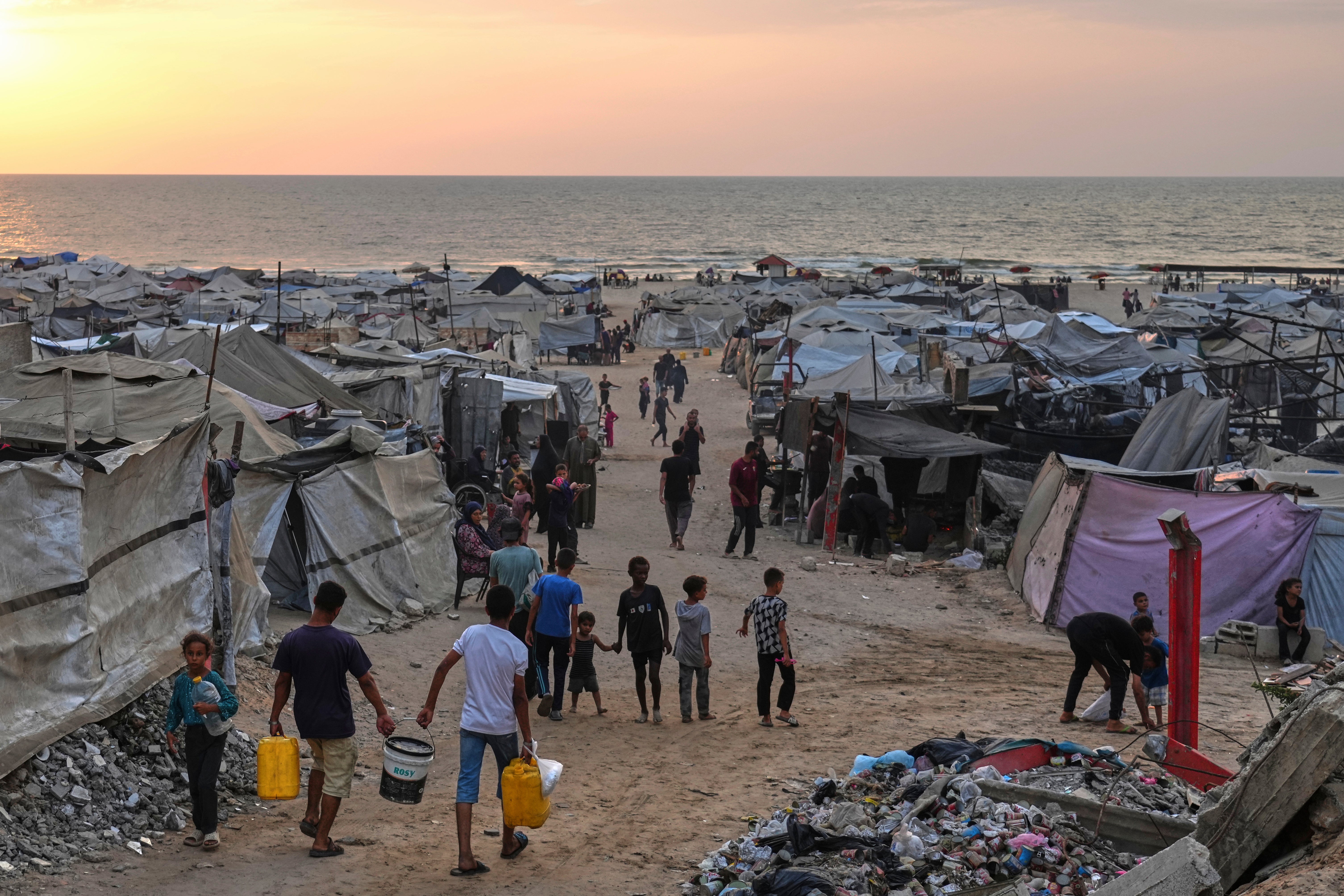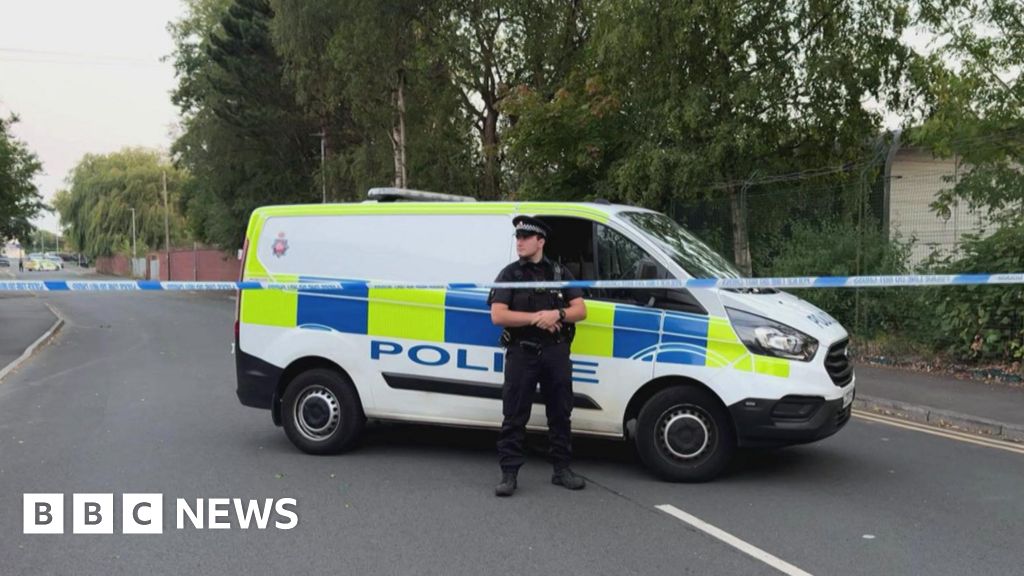Prime minister Benjamin Netanyahu is reportedly in talks with South Sudan about resettling Palestinians from Gaza amid the ongoing Israeli offensive on the embattled Strip.
Mr Netanyahu has previously said he wants to realise US president Donald Trump’s vision of relocating much of Gaza’s population through what the Israeli leader refers to as “voluntary migration”.
At least six people familiar with the matter told the Associated Press that Israel was in discussion with the authorities of the war-torn North African country. It was not clear how far the talks had progressed, but the plan, if successful, would amount to transferring people from one war-ravaged region to another.
Palestinians and human rights groups have largely rejected the proposal of Israel to remove Gazans from their homeland in violation of international law. Israel has reportedly floated similar resettlement proposals with other African nations, including Somalia, Egypt, and even Indonesia in Southeast Asia.
“I think that the right thing to do, even according to the laws of war as I know them, is to allow the population to leave, and then you go in with all your might against the enemy who remains there,” Mr Netanyahu told Israeli broadcaster i24, without naming South Sudan.
For South Sudan, such a deal could help it build closer ties to Israel, now the almost unchallenged military power in the Middle East. It is also a potential inroad to Trump, who broached the idea of resettling Gaza’s population in February but appears to have backed away in recent months.
Israel’s foreign ministry declined to comment and South Sudan’s foreign minister did not respond to questions about the talks to AP. A US State Department spokesperson said it doesn’t comment on private diplomatic conversations.
Israel’s 22-month-long air and ground offensive has since displaced most of Gaza’s 2.3 million population, destroyed vast areas and pushed the territory toward famine. It has killed more than 61,600 Palestinians, according to Gaza’s health ministry.

Joe Szlavik, the founder of a US lobbying firm working with South Sudan, said he was briefed by South Sudanese officials on the talks. He told the news agency that an Israeli delegation plans to visit the country to look into the possibility of setting up camps for Palestinians there.
Edmund Yakani, who heads a South Sudanese civil society group, said he had also spoken to South Sudanese officials about the talks. Efforts to relocate the Palestinians to North Africa have been reportedly ongoing for months, according to Egyptian officials.
NBC News reported in March that the Trump administration was working on a plan to permanently relocate up to one million Palestinians from the Gaza Strip to Libya. A spokesperson for the Trump administration later denied the reports as “untrue”.
The bid to relocate Palestinians escalated after Mr Trump on 4 February said the US should “take over” the war-battered enclave and rebuild it as “the Riviera of the Middle East” after resettling the Palestinians elsewhere. Mr Trump has since appeared to have backed away from his statement.
Israeli officials, along with a controversial US-backed aid group, Gaza Humanitarian Foundation (GHF), were working to build large-scale camps called “Humanitarian Transit Areas” inside – and possibly outside – Gaza to house the Palestinian population, according to reports.
The $2bn plan, created sometime after February, was submitted to the Trump administration, Reuters reported, citing two sources.
The plan, which was widely discussed at the White House, describes the camps as “large-scale” and “voluntary” places where the Gazan population could “temporarily reside, deradicalise, re-integrate and prepare to relocate if they wish to do so”.
The GHF started distributing aid on 26 May, following a nearly three-month Israeli blockade that pushed Gaza’s population of more than 2 million people to the brink of famine.
In a statement, the organisation said it had delivered more than 52 million meals over five weeks. “Instead of bickering and throwing insults from the sidelines, we would welcome other humanitarian groups to join us and feed the people in Gaza,” the statement said. “We are ready to collaborate and help them get their aid to people in need.”
The UN has called GHF’s operation “inherently unsafe” and a violation of humanitarian impartiality rules. The UN human rights office says it has recorded at least 1,373 killings at GHF aid points and near humanitarian convoys run by other relief groups.
UN spokesperson Stephane Dujarric on Tuesday warned that starvation and malnutrition in Gaza are at the highest levels since the war began. At least 121 adults and 101 children have died of malnutrition-related causes during the war.
“Against this backdrop, humanitarian supplies entering Gaza remain far below the minimum required to meet people’s immense needs,” Mr Dujarric said.




